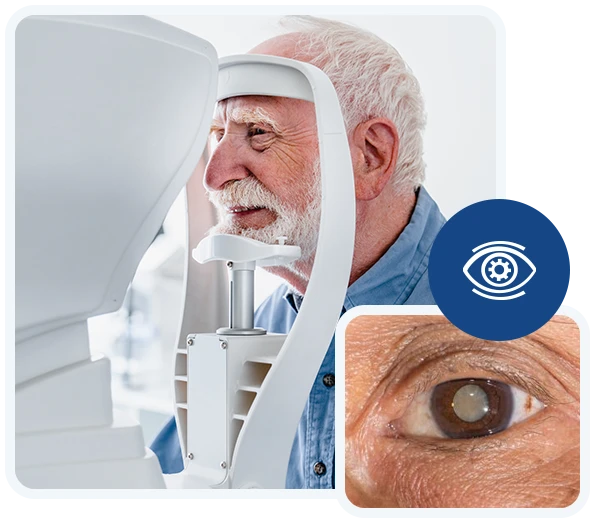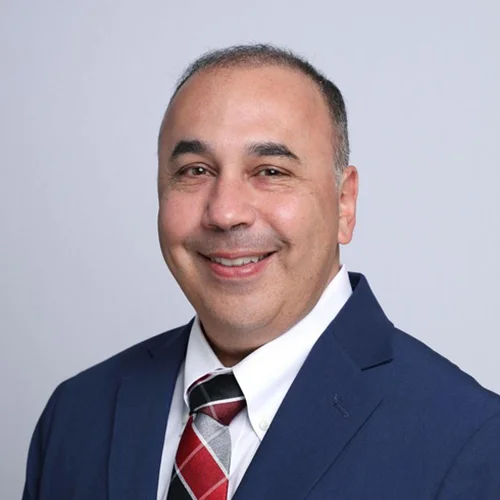Cataract FAQS
Eye Associates of Monmouth
John Ghobrial, MD
Board-Certified Ophthalmologist located in Colts Neck, NJ
A Positive Outlook for Enhanced Vision Ahead
Hopefully, this information has helped clarify some questions you may have. Although, it is normal to have questions and concerns prior to any surgery, we are optimistic that working together, you will have a fine outcome, and be on your way to much better vision soon!
Best wishes,
John Ghobrial, M.D.

Cataract FAQs
What is a cataract?
A cataract is a clouding or opacification of our natural lens. It occurs commonly as we get older. In fact 70% of individuals above the age of 70 have cataracts.
What are the symptoms of cataracts?
The symptoms are gradual, painless, loss of vision which can affect reading, driving, watching TV, and doing our other hobbies, and activities of daily living.
What causes cataracts?
First and foremost, cataracts are an aging degeneration of our natural lens. Also some conditions such as diabetes can predispose to cataracts, as well as some medications such as steroids. Some individuals may have a family history of earlier cataract formation.
How are cataracts treated?
Initially, early cataracts can be treated by updating the eyeglass prescription; however, as the cataract matures, eventually, the vision remains blurred despite new glasses. At this point the only remedy is cataract surgery.
How is cataract surgery performed?
During cataract surgery the cloudy, opacified lens is removed through a minimally invasive, microscopic incision, and a clear, artificial lens is placed in the same location.
Where will my surgery be performed?
We are affiliated with 2 same day surgery centers, one in Brick and another in Eatontown, NJ. Depending on your insurance or general medical health, your surgery may need to be performed in a hospital setting.
How long does cataract surgery take?
Cataract surgery is a same day surgical procedure, which takes about 1 hour. You should arrive 1 hour prior to surgery, and recovery is about 1 hour after surgery. The whole process is approximately 3 hours. The patient goes home the same day as surgery, and returns the following day to the office to be checked for post-op visit.
Is cataract surgery safe?
Cataract surgery is one of the most commonly performed surgeries in the U.S. with a very high success rate of approximately 99%. Most healing and vision recovery occurs within 1 week. Though there is a small chance of complications such as infection, bleeding, loss of vision, and need for more surgery, most complications can be managed with additional treatment and/or surgery. Each step of your surgery will be done with great care and you will be given prescriptions and instructions to help provide the best possible outcome.
Do I have options for my surgery?
Yes, we now have options to provide more vision, and greater quality vision. If you are a candidate, the ReSTOR multifocal lens provides more vision. Patients who have ReSTOR are able to read, use computer and drive often without glasses. For those patients who have astigmatism, a toric intra-ocular lens implant can be implanted to provide greater quality vision. The Lensx, femtosecond laser is another advanced technology option that can increase precision of cataract surgery, and help minimize operative time and U/S energy needed to remove the cataract.
What are the next steps?
A date and location for your surgery need to be decided upon. Also you will need to choose which lens you would like. Dr. Ghobrial will let you know your options. Additionally, you will need to choose whether or not you would like to have the laser assisted option. Your medical doctor will need to provide blood work and EKG results, as well as medical clearance for your surgery. Measurements will be taken to determine the lens power required, and prescriptions and instructions will be given to you for your surgery.

